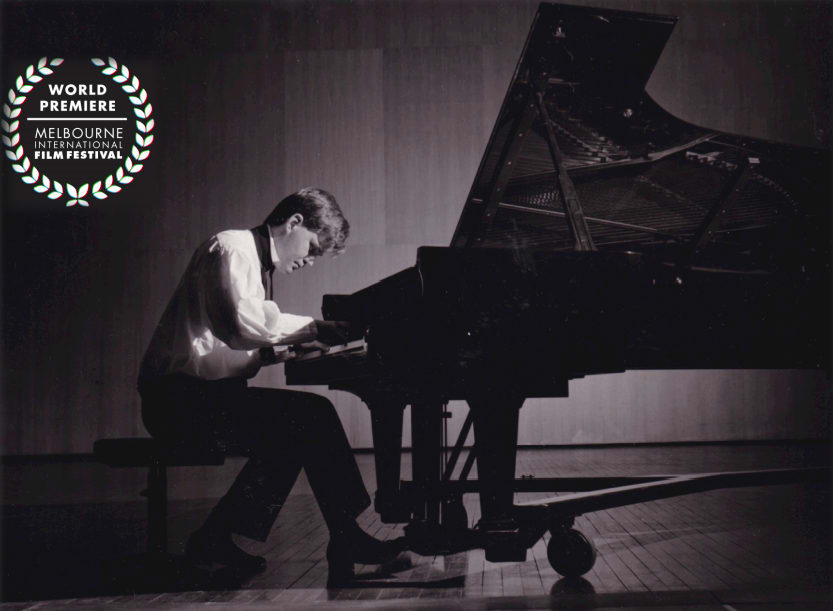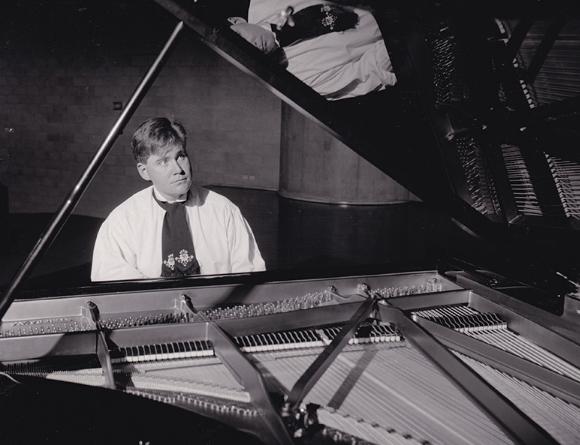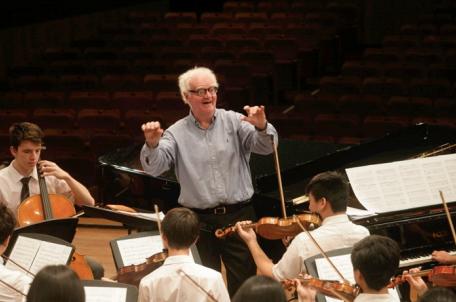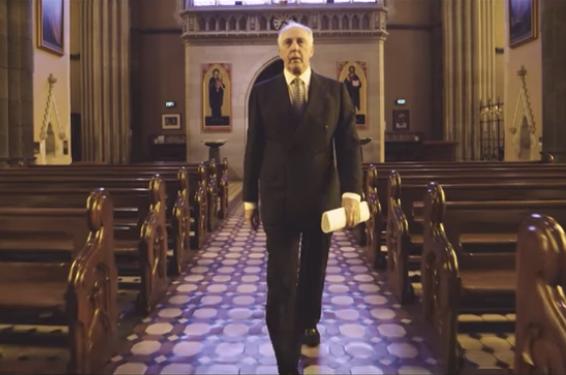
Read the Charter of Independence here.
A mythological talent shunned by the music and arts industry, pianist Geoffrey Tozer serves as an unfading and fascinating topic for the documentary The Eulogy.
Tozer’s precocious talent astonished the world as the youngest ever semi-finalist of the Leeds Piano Competition at the age of eight.
But his life came to a shocking end in 2009, the circumstances of which music educator Richard Gill aims to unravel.

Gill not only guides the viewer through an exploration of Tozer’s life, but also aims to discover why such a blistering talent was largely discarded by major musical institutions at his prime.
He uses his students in class as a framework to understand more about Tozer. We, in this sense, are the students, having each step of his life broken down for us in easily digestible bits.

Director Janine Hosking’s treatment of Tozer is predominantly laudatory, with close friends and musical experts bowing to his ability. In fact, we only have to see the most rudimentary archival footage of his playing to recognise his brilliance on the piano.
But this does not address the central issue of why his talents are not fully realised, and while we get a skerrick of an answer, the differing viewpoints seem to suggest either it was a culmination of factors, or perhaps the audience should judge for themselves.
On the one hand, former prime minister and friend of Tozer Paul Keating says the music industry that neglected him should “hang their heads in shame”.

Contrarily, former managing director of the Sydney Symphony Orchestra Mary Vallentine argues his improvisational playing habits beguiled and bewildered the orchestra he was working with in rehearsals.
Finally, his lover late in life Paul Brickhill concedes Tozer’s alcoholism led him to squandering all his money and mental health.
Given the smorgasbord of possibilities, perhaps it isn’t relevant; rather the documentary wisely recommends revering his talents may be a better approach.
Nevertheless, the impetus for such an investigation stems from Keating’s searing eulogy at Tozer’s memorial service. Hosking gets Keating to recreate his speech at St Patrick’s cathedral where it was originally conducted.

Keating’s sense of vaudeville from his political days are not lost, carrying the film’s various twists and turns of discoveries with a razor-sharp vernacular.
However, the disappointing element, which Gill concedes himself, is that Keating did not provide an interview for the film, but left his speech to speak for itself.
Understandable, but I think this would have enriched the film greatly.
A young interview with Tozer reveals he felt like an outcast at school because there was no-one else to discuss music with.
In this sense, the film would have benefitted from someone like Keating waxing lyrical on his achievements, or at least to give the audience an understanding of the cerebral magnitude of his skill.

Words read from Tozer’s diary reveal his mental state and personal philosophy.
But with his personal life and industry infighting magnified, the documentary perhaps loses touch with his accomplishments and skills.
Overall, it is a highly educational and well-paced documentary that illuminates the national tragedy of Tozer’s demise.